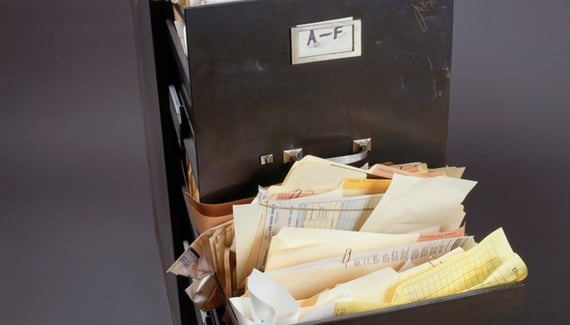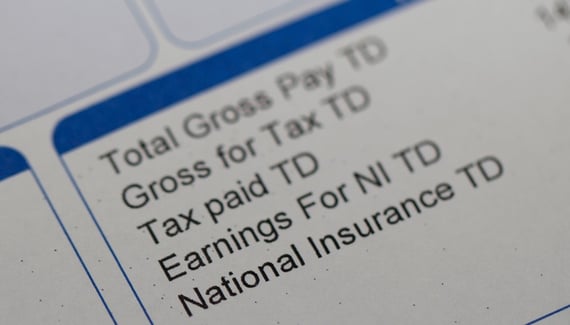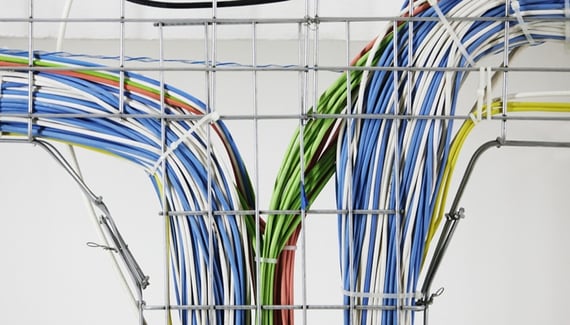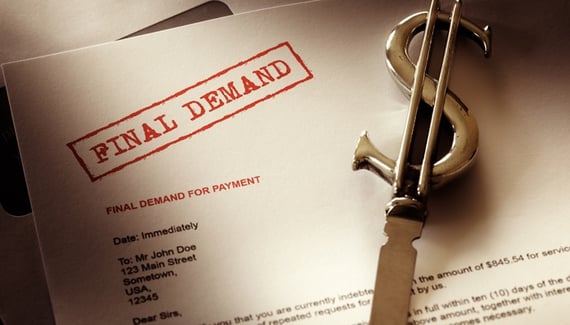
Are you worried you might be engaging in some (really, really, really) bad bookkeeping habits? Perhaps some seem bad but not terrible---like overflowing, poorly organized filing cabinets. And perhaps others may be triggering red flags in your mind (is your check ledger sitting on your bookkeeper's desk right now?)
Take a look at our list of the 9 worst bookkeeping practices that are poised to ruin your accounting this year!

9. An Overflowing Filing Cabinet
Maybe you have stacks of invoices on your desk. Maybe your bookkeeper isn't the most organized. Either way, this style of bookkeeping is sure to have you missing deadlines. At the very least, make an effort to buy a scanner this year and get started on a virtual filing cabinet (preferably not such a messy one).

8. Not Having Set Deadlines and Due Dates
Always wondering where something is? Not sure when your report will be delivered? Lacking set deadlines and due dates is a habit sure to keep your bookkeeping late and inaccurate.

7. Not Setting Aside Payroll Taxes Regularly
Trying to go it alone on payroll processing? You might want to reconsider that when the IRS comes knocking to make sure you're doing the right thing in the ever-complicated world of payroll management.

6. Skipping Regular Accounting and Bookkeeping Training
With constant changes in everything from your accounting software to bookkeeping regulations and best practices, staying on top of current rules and technology is a must if you want your bookkeeping to remain intact.

5. Hiring A Newbie For a Pro's Job
The IRS will not care that you saved a few dollars by hiring someone who simply didn't know enough to do things the right way.

4. Ignoring Opportunities For Accounting Integrations
All that pretty data you painstakingly input into QuickBooks? Guess what? It speaks to a lot of other platforms as well. If you're utilizing programs for expense management, inventory or bill payment (among others), make sure you successfully integrate your platforms so they run smoothly together. Data synchronization will reduce the potential for error as well as improve your time management and efficiencies.

3. Not Standardizing Monthly Financial Report Processes
Whether you get a robust array of reports or simply review your balance sheet and P&L each month, make sure you get the same reporting every month at the same time. By standardizing reports and establishing expectations, you will have a better time tracking and analyzing key financial data.

2. Failing To Keep On Top of Your Aging Reports
All those invoices you have sent? They're terrific until you fail to keep track of whether you got paid. Sending invoices are only one piece of making sure you have enough money to be in business--if your cash flow doesn't show it, you have a problem.

1. Failing To Understand Key Accounting Metrics
Quick! What is your gross profit margin? If you aren't sure about that or any other key performance indicators in your accounting data, put this as your #1 bad bookkeeping habit to remedy this year. After all, you can't budget and forecast with a rough guess-timate.













